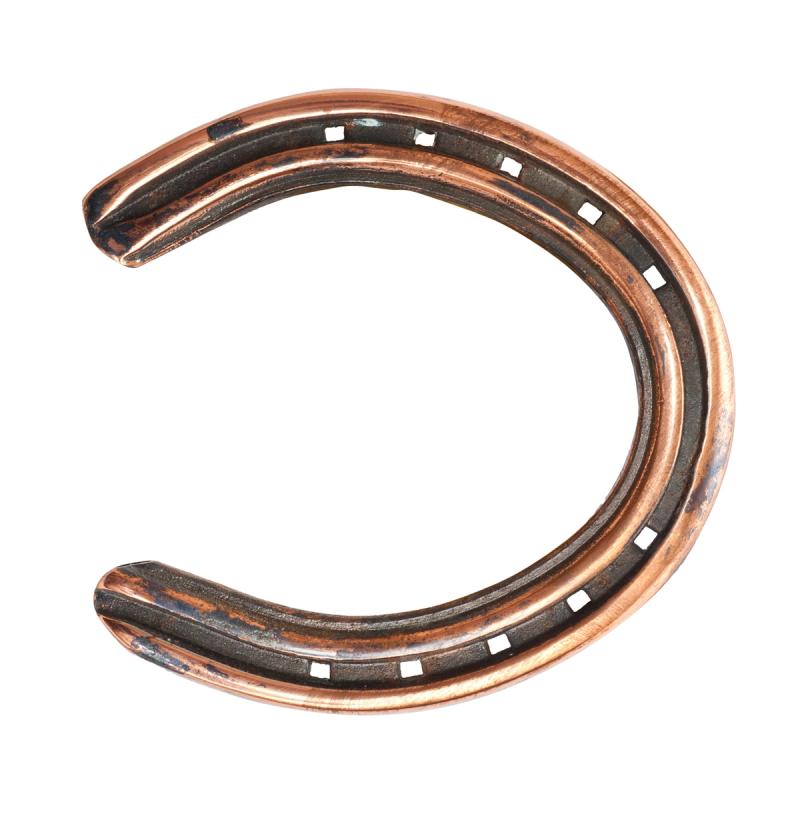Is It Equine Arthritis?


Prevention, management, and more
Last fall, we acquired my heart horse’s dam, Conavalla, after she retired in Kentucky from being a broodmare. She produced a few great racehorses, but truthfully, none as competitive as she was. To this day, Conavalla will flare her nostrils at the very thought of being tacked up: “I’m ready, let’s go!”
We were well-aware she wasn’t ready to fully retire yet, so we contacted our veterinarian to examine her before starting into retraining. Through X-rays, findings demonstrated arthritis—not uncommon for her age. Thankfully, arthritis is manageable and most horses with the condition can still have a meaningful career.
Tony Hawkins, DVM, Technical Services Veterinarian at Valley Vet Supply, explained more about equine arthritis.
“Arthritis in horses is a chronic cycle of progressively worsening degeneration of joint cartilage, loss of synovial fluid, pain, and inflammation,” says Dr. Hawkins. “It is common in horses and most often affects the stifle, hock or fetlock. Unfortunately, there is no cure for arthritis, but the damage to the joint can be slowed by regular light exercise, weight management, and injections or oral supplements to promote joint cartilage health and lubrication. Long-term management will likely require pain control through the form of prescription medications or pain relief supplements.”
Let’s look more closely at equine arthritis and what that means for your horse.
What causes arthritis in horses?
Trauma to the joint, a horse’s conformation defects, their age, improper shoeing and trimming, as well as sequential bone fragments can all cause equine arthritis.
What are the signs of arthritis?

There are many signs that your horse could be affected, including:
- Reluctance or difficulty standing, walking, trotting or cantering
- Stiffness or decreased movement of joints
- Limping or lameness in single or multiple joints
- Warm-to-the-touch, swollen or painful joints
At what age do horses get arthritis?
Every horse, no matter their age, breed or discipline can get arthritis. It’s a common misconception that the condition impacts only senior horses.
How do you prevent arthritis in horses? You can help prevent joint issues by:
- Incorporating joint supplements
- Prioritizing hoof care and a regular trim schedule
- Keeping horses at their optimum weight and avoiding obesity
- Ensuring they receive excellent nutrition for strong bones and healthy cartilage
- Limiting riding on hard surfaces
How can I tell if my horse is in pain?
“Horses almost never say ‘no.’ Horses can talk, and it is our job to learn how to speak their language and above all, to listen and be their advocate,” says Steve Allday, DVM, an equine lameness specialist with more than 36 years’ experience caring for an impressive list of equine athletes.
How do I know if my horse has arthritis?

Owners and riders are excellent diagnosticians of any changes in a horse’s joint health. “This is simply because you know your horse. When I go look at a horse, I’m taking a snapshot of just that moment, while you have known the horse for days and years – sometimes, his entire life – before I got there that day,” says Dr. Allday, who recommends giving horses a close once-over when grooming or tacking up for a ride.
Look to see if one side is larger than the other. Also, rub the horse’s back and palpate it to make sure it isn’t sore, and always check their hocks for any fluid. Share any new findings with your veterinarian. It’s likely they will perform a routine lameness evaluation and/or use diagnostic tools like radiographs, CT, MRI, nerve and joint blocks or ultrasound to determine whether your horse has arthritis.
Can you ride a horse with arthritis?
The short answer is “Yes,” but it depends. Talk with your veterinarian about your horse’s level of arthritis to know whether with treatment, they recommend the horse being ridden. “OA isn’t the end of their career, but it’s certainly something you have to be on top of, address rapidly and maintain routinely,” says Dr. Allday. “You may even have to go to anti-inflammatories to maintain a horse’s athletic career.”
We only get so many minutes in the saddle with our horse; let’s prevent and manage arthritis risk to make the most of every one of them.
Tags:Horse Sense

Acreage Life is part of the Catalyst Communications Network publication family.
















